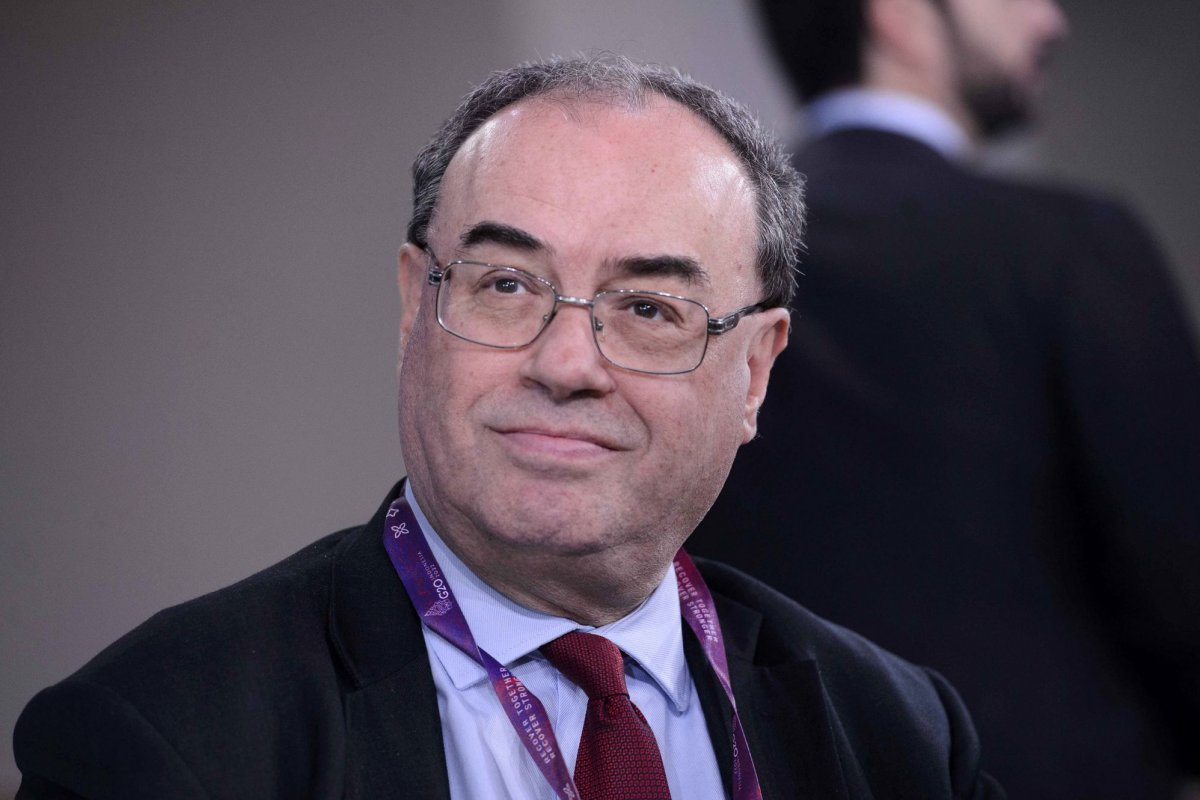June 22 (UPI) — The Bank of England raised interest rates in response to the surge in prices caused by the reopening of the economy after COVID-19 and Russia’s invasion of Ukraine. The decision was made by the bank’s monetary policy committee, with a majority vote of 7-2, resulting in a 50 basis points increase to 5%, the highest level since September 2008. This action was taken due to persistently high services inflation and stronger-than-expected wage growth, as stated in a news release by the bank.
This rate hike marks the 13th consecutive increase since December 2021. However, two committee members dissented, arguing that the rate should remain unchanged at 4.5%. Despite the latest inflation report showing a persistently high consumer price inflation and a rise in core inflation, Bank of England Governor Andrew Bailey emphasized the importance of dealing with inflation, stating, “The economy is doing better than expected, but inflation is still too high, and we’ve got to deal with it.” Bailey also acknowledged that the rate hike may cause concerns for individuals with mortgages or loans, but emphasized that not taking action now could lead to even worse outcomes in the future.
The Bank of England remains committed to sustainably returning inflation to its 2% target in the medium term. As a result, the bank warned that further rate hikes to at least 5.5% may be necessary. The sharp rise in short-maturity government bond yields has led to an increase in the market-implied path for the Bank Rate over the next three years to around 5.5%.
The bank stated, “The MPC recognizes that the second-round effects in domestic price and wage developments generated by external cost shocks are likely to take longer to unwind than they did to emerge. There has been significant upside news in recent data that indicates more persistence in the inflation process, against the background of a tight labor market and continued resilience in demand.”
Opposition party’s shadow chancellor, Rachel Reeves, expressed concern over the rate hike, particularly for families with mortgages. Reeves emphasized the need for support and proposed a five-point plan to help ease the burden on families, including measures such as switching to interest-only mortgages, extending mortgage terms, and implementing a six-month halt on repossessions. However, Reeves ruled out providing direct financial support if her party were to win the next election, stating that untargeted fiscal support from the government was not the appropriate response.
Denial of responsibility! VigourTimes is an automatic aggregator of Global media. In each content, the hyperlink to the primary source is specified. All trademarks belong to their rightful owners, and all materials to their authors. For any complaint, please reach us at – [email protected]. We will take necessary action within 24 hours.



